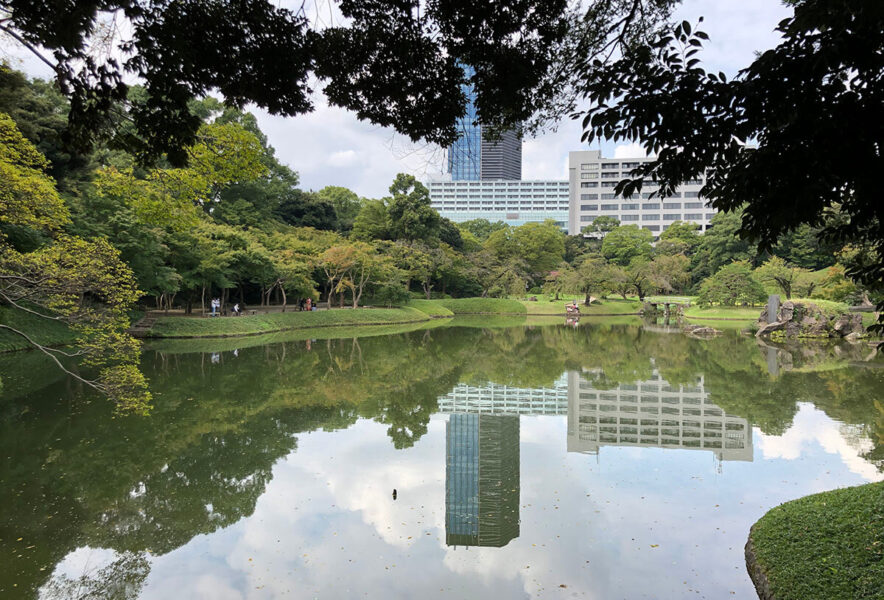Koishikawa Korakuen Garden, located in Tokyo’s Bunkyo Ward, is a 70,000-square-meter garden with a rich Chinese flavor, featuring landscapes of famous Chinese landmarks. It is also famous for being completed by Mitsukuni Mito, known as “Mito Komon. Here we introduce the history, highlights, and facilities of Koishikawa Korakuen Garden.
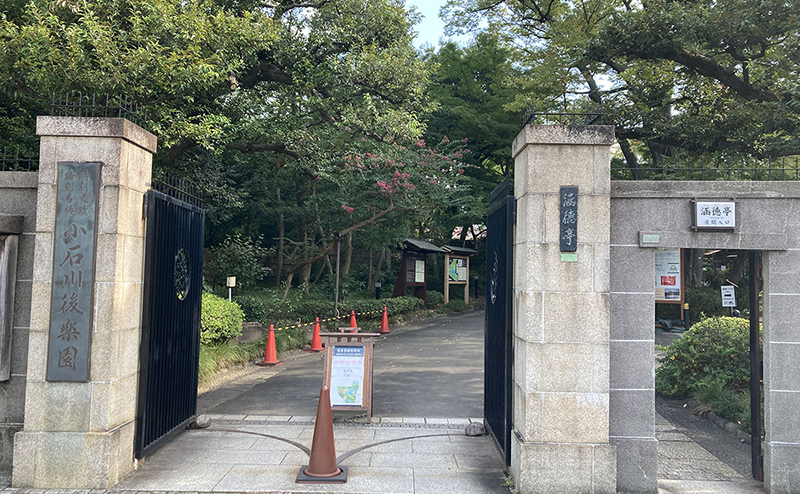
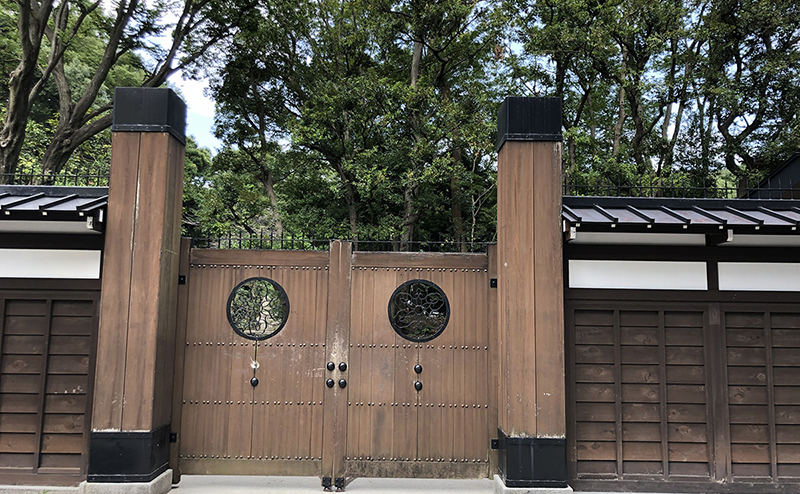
What is Koishikawa Korakuen Garden?
The Koishikawa Korakuen Garden was created in 1629 as the garden for the Edo Chuzashiki, and was completed by Mitsukuni Mito, the second lord of the Mito Tokugawa family. The word “Korakuen” is derived from the Chinese teaching “to be anxious before the sorrows of the world and to enjoy the pleasures of the world after the sorrows of the world.
In 1952, the Koishikawa Korakuen Garden was designated as a Special Historic Site and a Special Place of Scenic Beauty under the Law for Protection of Cultural Properties. The Koishikawa Korakuen Garden is one of only two gardens in Tokyo and nine gardens in Japan that have been designated as such, making it a valuable garden not only in Tokyo, but also throughout the country.
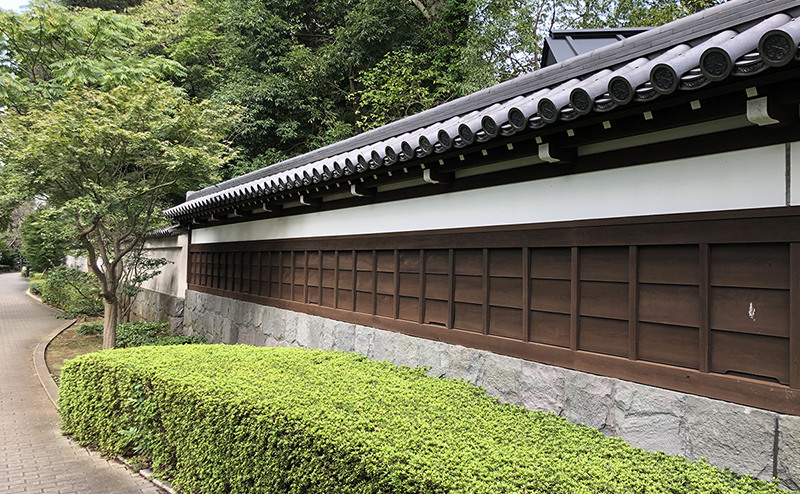
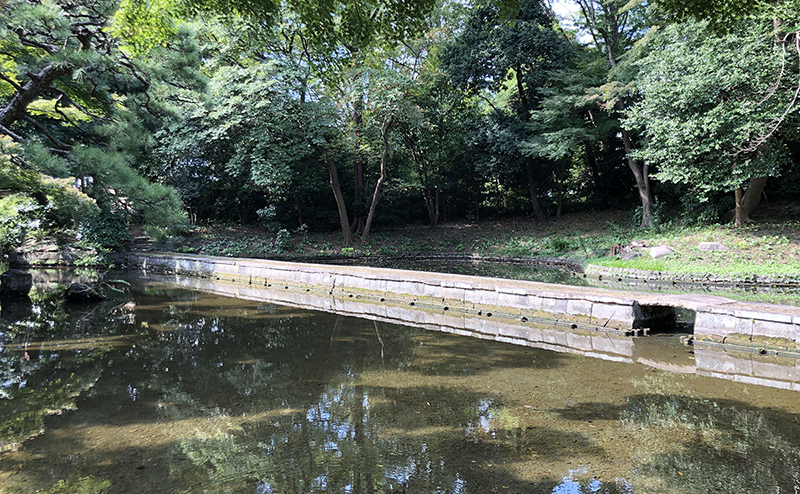
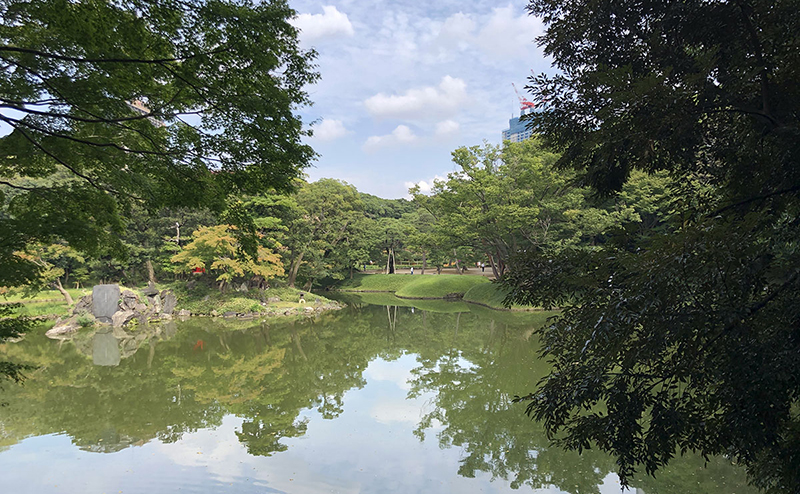
Highlights of Koishikawa Korakuen Garden
In Koishikawa Korakuen, various attractions are located throughout the park, with the pond at the center. Here are some of the must-see attractions in Koishikawa Korakuen.
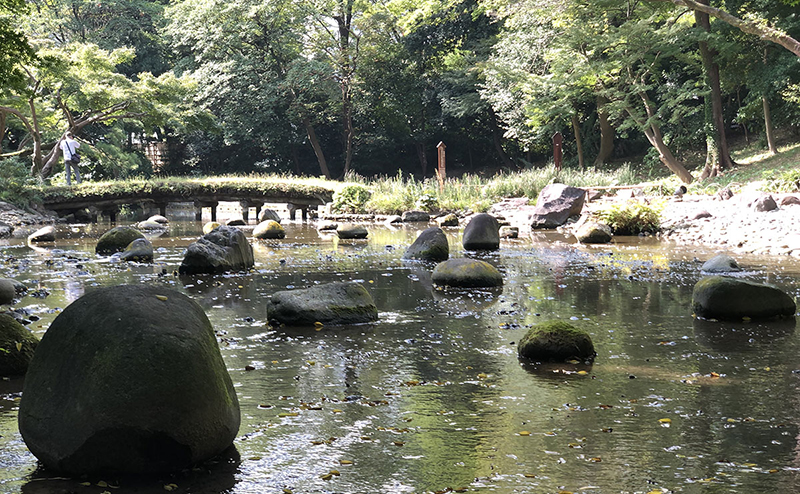
Dai sensui
Oizensui is the central pond of Koishikawa Korakuen Garden. Using islands and stones, it creates a landscape reminiscent of Lake Biwa in Shiga Prefecture. It can be viewed from various angles, including walking paths and bridges, and changes its expression from different angles, so observe it as you stroll through the park.
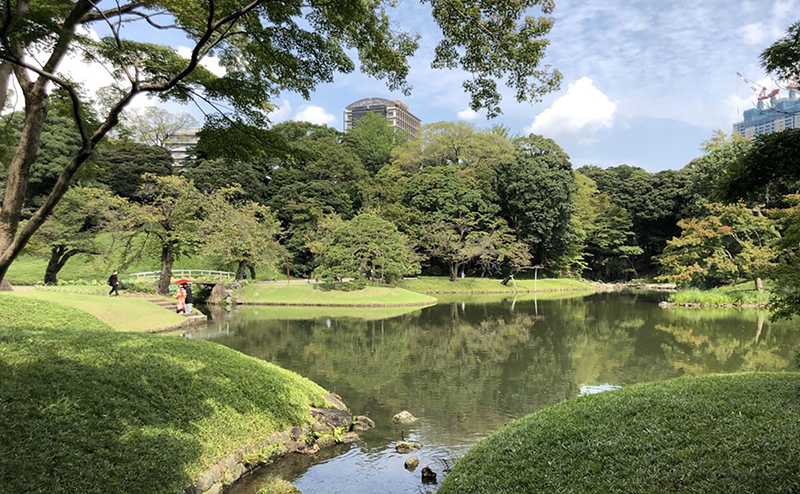
Inner garden
The inner garden was once the site of the Mito Domain’s shoin garden. In the Edo period (1603-1867), it was called “our inner garden,” and a typical Japanese garden centering on a pond has been preserved as it is. Many water lilies float in the pond, showing their vivid green color!
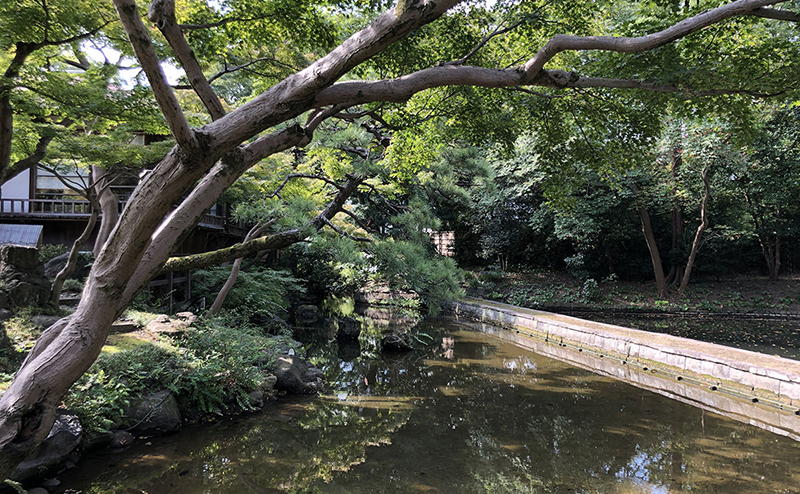
Weir creek
This is a spot in Koishikawa Korakuen Garden where visitors can enjoy a view of the river. The place is named after a river in Arashiyama, Kyoto, and features a beautiful river scene with flowing water and large and small stones.
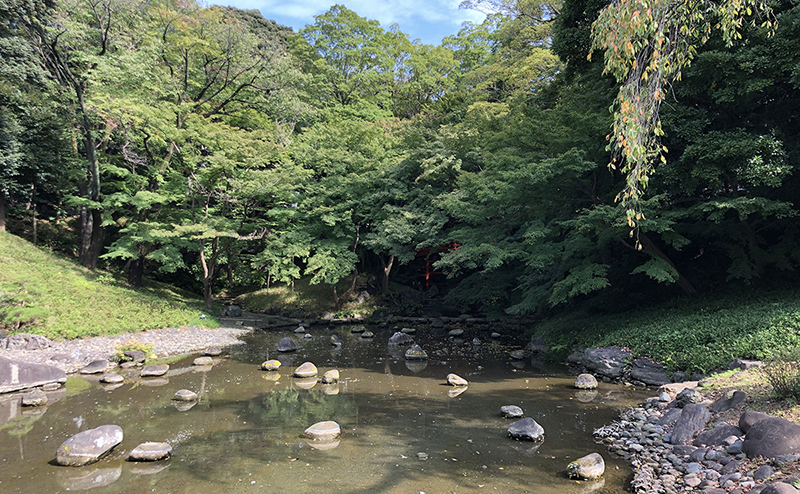
Engetsu Bridge
The bridge is said to have been designed by Chinese Confucian scholar Zhu Shunsui, and is reminiscent of an old Chinese bridge. The name “Engetsu Bridge” was given to the bridge because its reflection in the river flowing beneath it looks like a full moon. Although it is no longer possible to cross the bridge due to its age, it is a spot worth seeing at a glance.
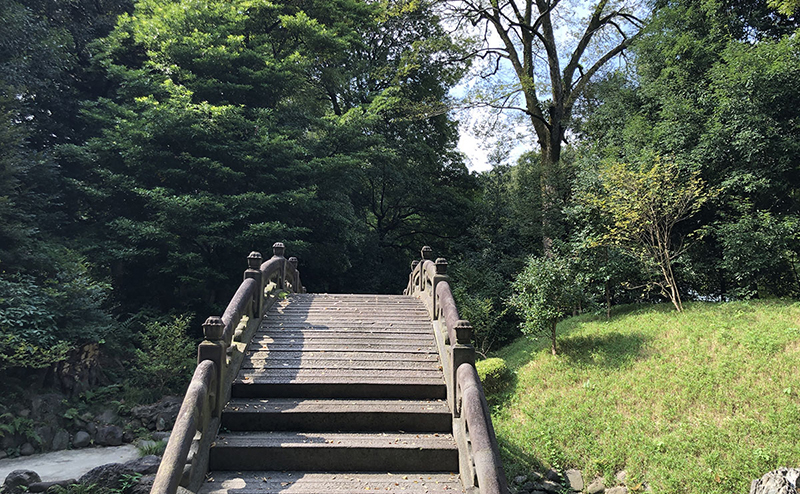
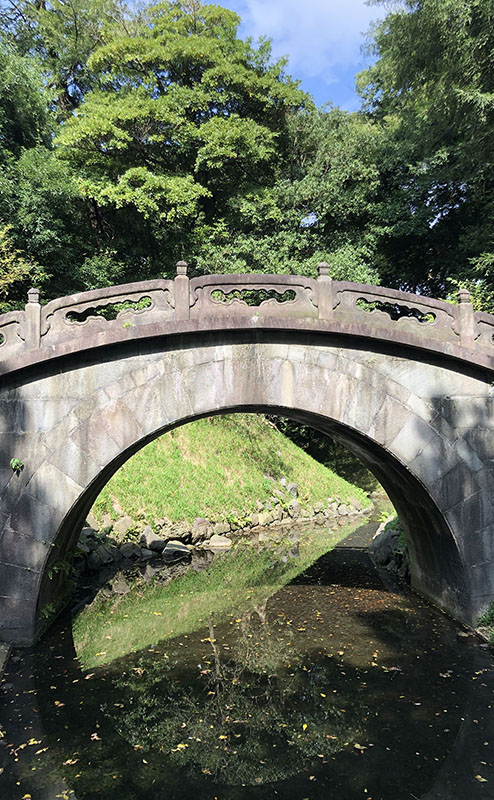
Shourozan
Shourozan is said to have been built after Mt. Lushan in China and was named after the Confucian scholar Lin Luoshan from the Edo period. It features a view of the entire garden from the top of the mountain.
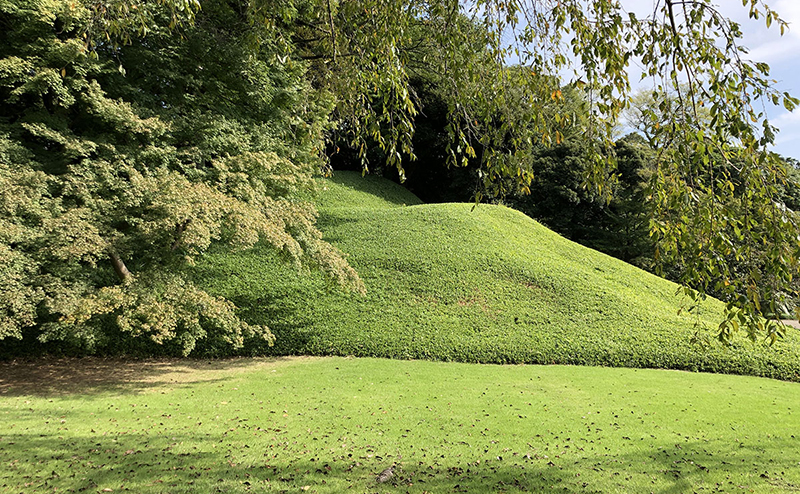
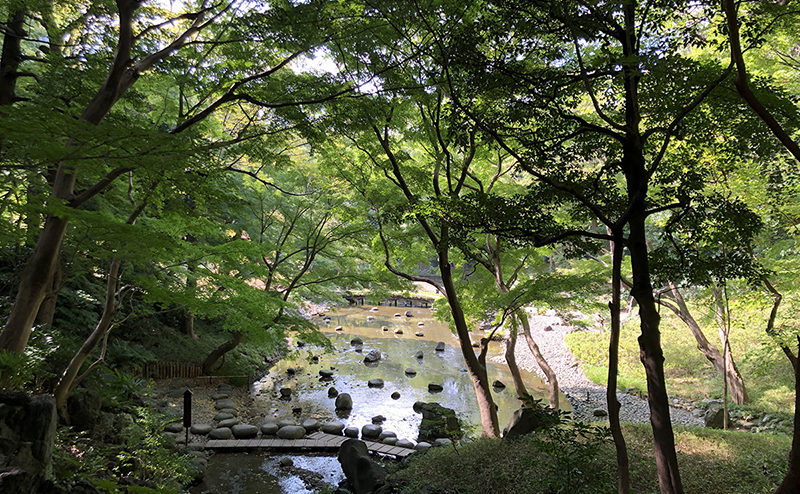
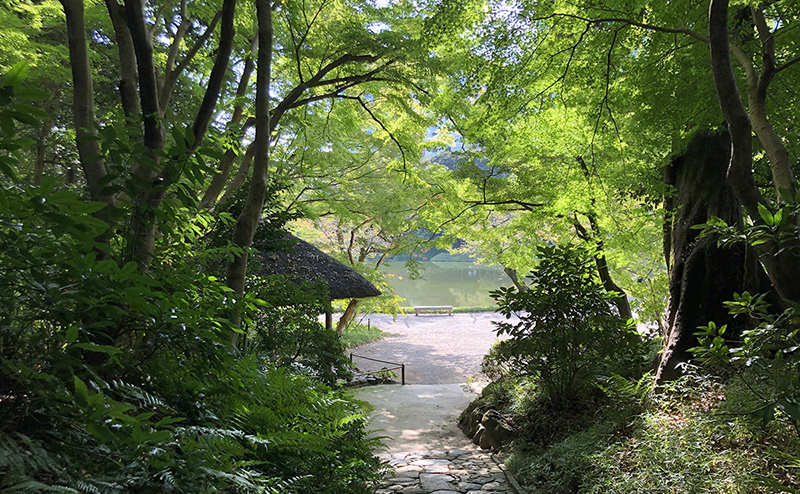
Inada
Inada is a rural landscape with rice paddy that extends north of the park. It is rare to find a spot where a rice field is located along with a garden, and just looking at it gives you a sense of calmness.
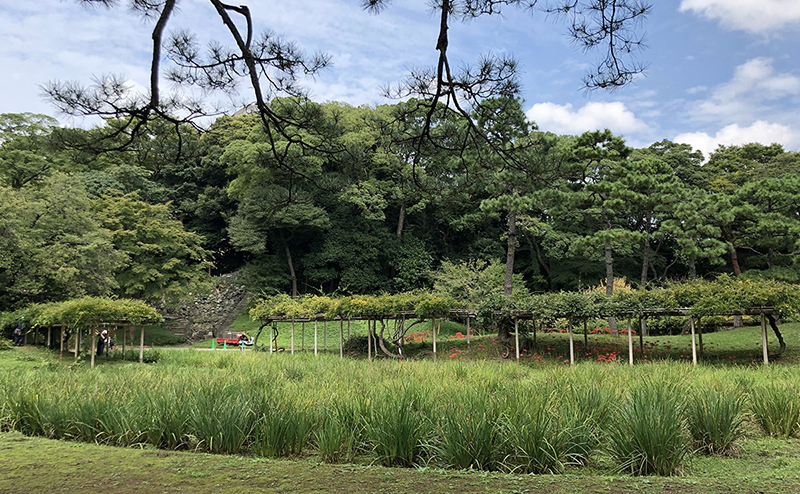
Tokujindou
Tokujindo was built by Mito Mitsukuni when he was 18 years old. It was built after being inspired by the historical book “The Biography of Hakui”, and houses wooden statues of Hakui and Shukusei. The name “Tokujindou” comes from the words of Confucius: “Seeking humanity and getting humanity”.
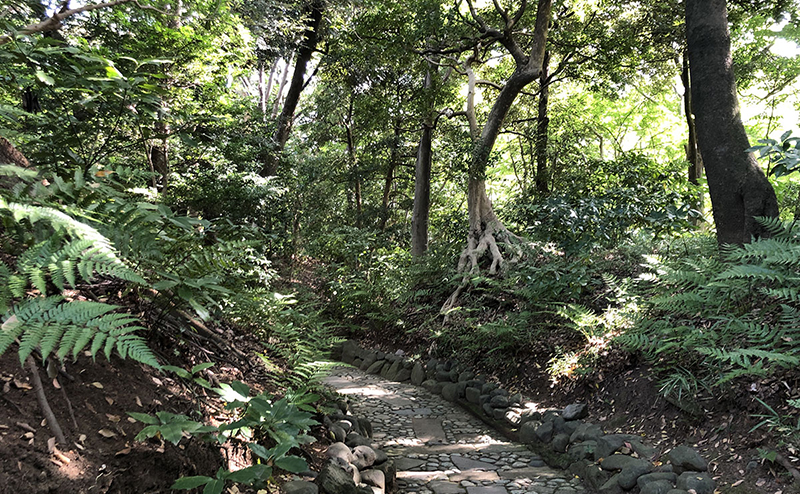
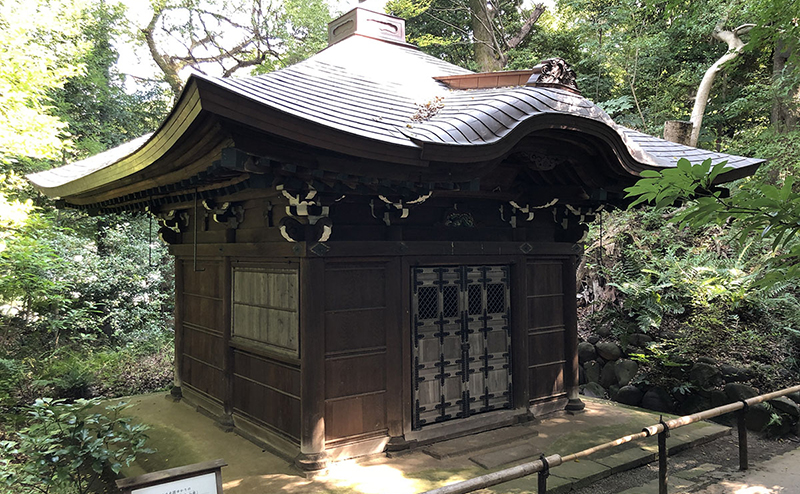
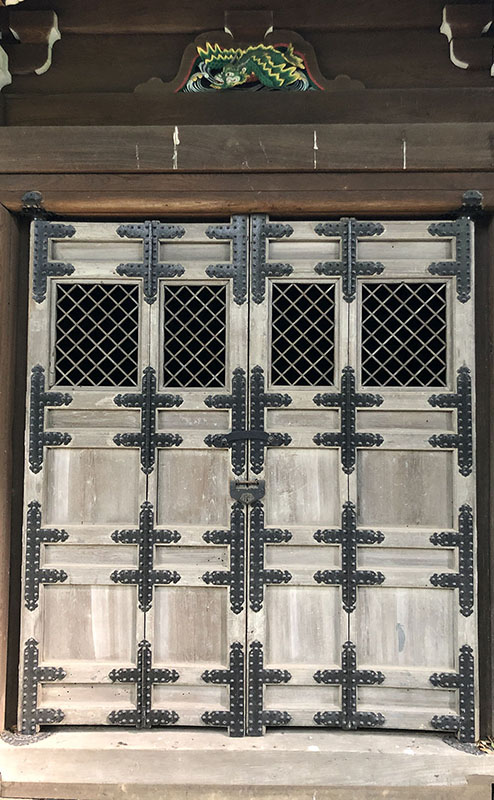
Check out the facilities in Koishikawa Korakuen Garden
The Koishikawa Korakuen Garden is not only a charming place to visit, but it also has a number of other facilities that are worth a visit. We recommend you to take a stroll through the garden and also visit the facilities in the garden.
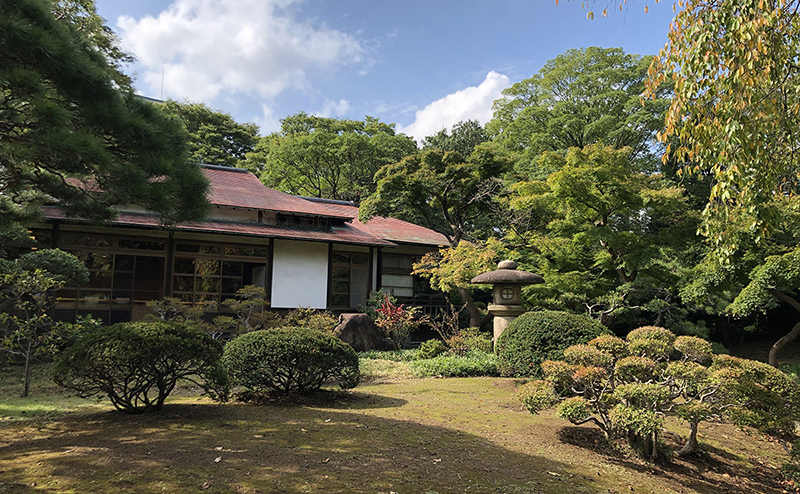
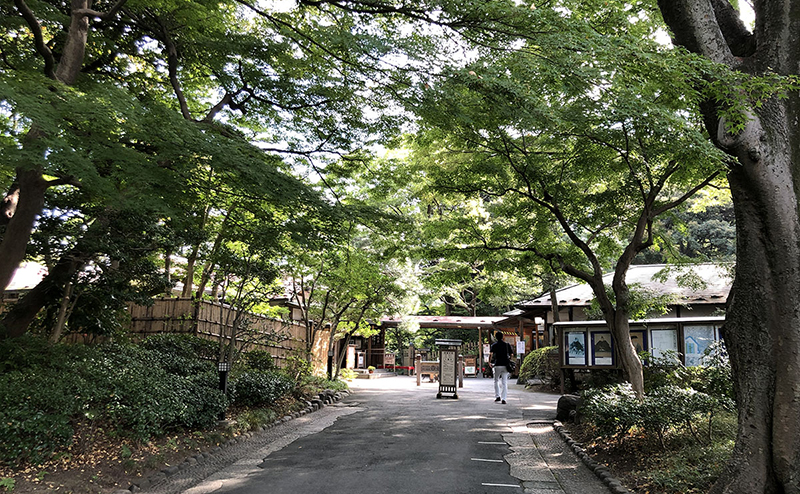
Kantoku-tei
Kantoku-tei was rebuilt in 1986 and is now rented out as a gathering place. It was once called “Glass Tea Hou
The Biidoro Tea House in Koishikawa Korakuen Garden
The Koishikawa Korakuen Biidoro Tea House is located inside the Kantoku-tei, where you can enjoy the lunch menu from 11:00 a.m. to 2:00 p.m. and the tea ceremony menu from 10:00 a.m. to 4:00 p.m. We recommend the matcha tea set that you can enjoy while looking at the garden. A banquet menu is also available for the use of the meeting hall, so you can use the Bidoro Tea House for various occasion.
Opening hours: 10:00 a.m. -4:00 p.m.
Closed: Depends on the availability of Kantoku-tei
Oishikawa Korakuen Aoi-ya
Aoi-ya is a souvenir shop in Koishikawa Korakuen Garden. They have a wide range of original goods and souvenirs. You can buy the memories of your visit to the Koishikawa Korakuen Garden there.
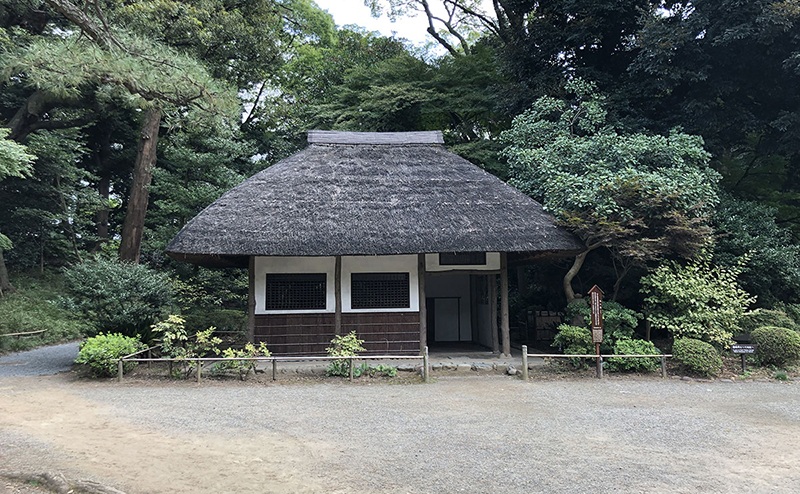
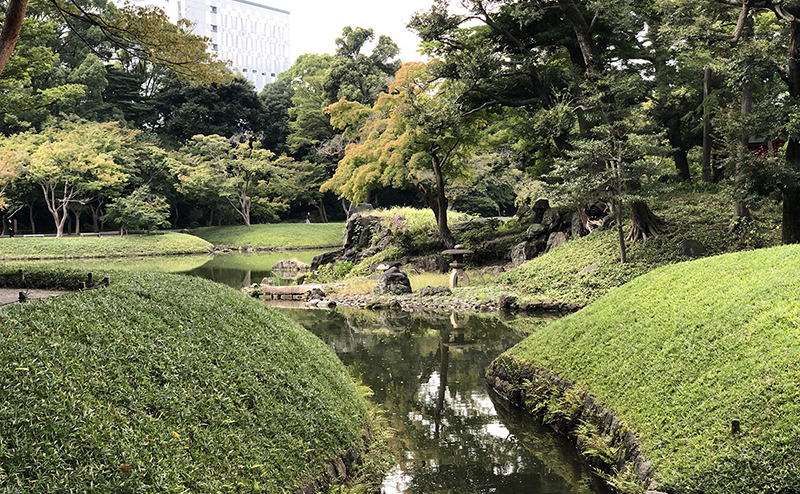
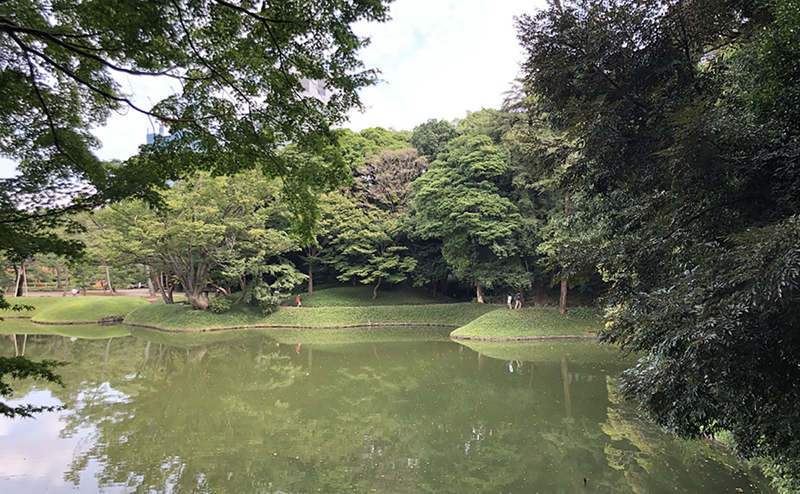
Access to Koishikawa Korakuen
Address:1-6-6 Koraku, Bunkyo-ku, Tokyo
TEL: 03-3811-3015
Parking around Koishikawa Korakuen
Koishikawa Korakuen Official Website
Official site:http://www.tokyo-park.or.jp/park/format/index030.html
